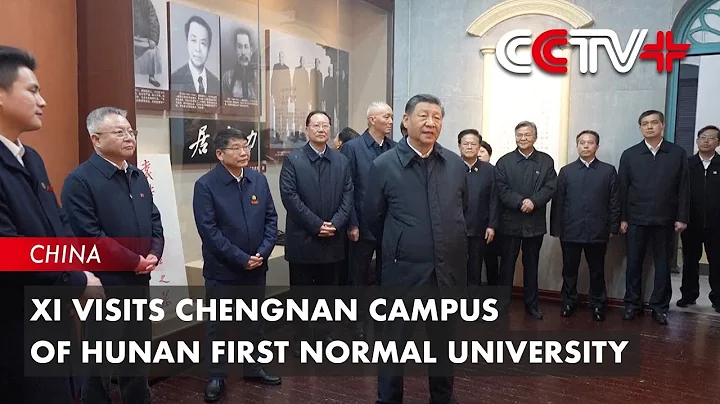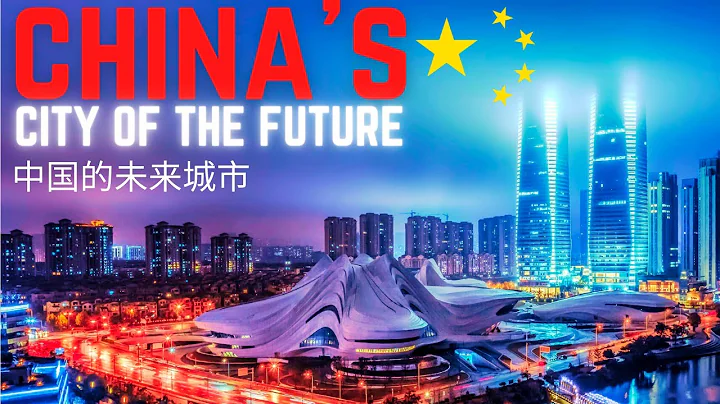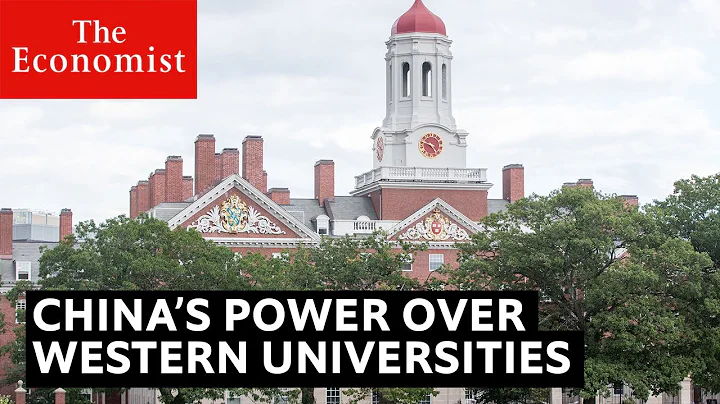The Central Research Institute , established in 1928, was the highest academic research institution at that time, with Cai Yuanpei as its first president. In April 1948, the first batch of 81 academicians of Academia Sinica were democratically elected, including 28 academicians from the mathematics and physics group, 25 academicians from the biology group, and 28 academicians from the humanities group. Li Siguang, Zhu Kezhen, Chen Shengshen, Hua Luogeng, Mao Yisheng, Tong Dizhou, Su Buqing, Chen Yinke, Feng Youlan, Zhao Yuanren, Liang Sicheng, Guo Moruo, Hu Shi, Fu Sinian... ···
Regardless of his name, he was the most outstanding talent in Chinese academic circles at that time. Someone once commented on the Academia Sinica at that time: "The biology group is close to the highest level in the world, the mathematics group is on par with the world's top levels, and the humanities group has almost reached the world's first-class level."

Group photo of the first academicians of Academia Sinica
Mathematical group Academician 28 people:
Jiang Lifu (1890.7.1-1978.2.3), mathematician.
Xu Baoluan (1910.9.1-1970.12.18), mathematician.
Chen Shengshen (1911.10.28-2004.12.3), mathematician.
Hua Luogeng (1910.11.12-1985.6.12.), mathematician.
Su Buqing (1902.9.23-2003.3.17), mathematician.
Wu Dayou (1907.9.29-2000.3.4) physicist.
Wu Youxun (1897.4.26-1977.11.30), physicist.
Li Shuhua (1889-1979.7.5), physicist.
Ye Qisun (1898.7.16-1977.1.13), physicist.
Zhao Zhongyao 1902.6.27-1998.5.28), nuclear physicist.
Yan Jici (1900.12.4-1996.11.2), physicist.
Rao Yutai (1891.12.1-1968.10.16), physicist.
Wu Xian (1893.11.24-1959.8.8), biochemist and nutritionist.
Wu Xuezhou (1902.9.20-1983.10.31), physical chemist.
Zhuang Changgong (1894.12.25-1962.2.15), chemist.
Zeng Zhaolan (1899.5.25-1967.12.8), chemist.
Zhu Jiahua (1893.5.30-1963.1.3), geologist.
Li Siguang (1889.10.26-1971.4.29), geologist.
Weng Wenhao (1889.7-1971.1.27), geologist.
Huang Jiqing (1904.3.30-1995.3.22), geologist.
Yang Zhongjian (1897.6.1-1979.1.15), paleontologist, stratigrapher, and geologist.
Xie Jiarong (1903.11.20-1977.10.27), geologist and mineral deposit scientist.
Zhu Kezhen (1890.3.7-1974.2.7), geographer and meteorologist.
Zhou Ren (1892.8.5-1973.12.3), metallurgist and ceramicist.
Hou Debang (1890.8.9-1974.8.26), chemist.
Mao Yisheng (1896.1.9-1989.11.12), civil engineer and bridge expert.
Ling Hongxun (1894.4.15-1981.8.15), civil engineering expert.
Sabendong 1902.7.24-1949.1.31), physicist and electrical engineering expert.

Hua Luogeng
Academician of the Biology Group 25 people:
Wang Jiayi (1898.5.5-1976.12), zoologist.
Wu Xianwen (1900.3.15-1985.4.3), zoologist, ichthyologist and nematologist.
Bei Shizhang (1903.10.10-2009.10.29), experimental biologist and cell biologist.
Bingzhi (1886.4.9-1965.2.21), zoologist.
Chen Zhen (1894.2.8-1957.11), zoologist and geneticist.
Tong Dizhou (1902.5.28-1979.3.30), experimental embryologist.
Hu Xiansu (1894.4.20-1968.7.16), botanist.
Yin Hongzhang (1908.10.1-1992.11.30), plant physiologist.
Zhang Jingyue (1895.10.29-1975.4.24), plant morphologist.
Qian Chongshu (1883.11.11-1965.12.28), botanist.
Dai Fanglan (1893.5.4 -1973.1.3), mycologist and plant pathologist.
Luo Zongluo (1898.8.2-1978.10.26), plant physiologist.
Li Zongen 1894.9.10-1962), a tropical diseases medical scientist.
Yuan Yijin (1899.10.30-2003.3.22), medical scientist.
Zhang Xiaoqian (1897.12.28-1987.8.8), internal medicine expert and medical scientist.
Chen Kehui (1898.2.26-1988.12.12), pharmacologist.
Wu Dingliang (1893.1.5-1969.3.24), anthropologist.
Wang Jingxi (1893.7.7-1968.6.30), a modern physiological psychologist.
Lin Kesheng (1897.10.15-1969.7.8), physiologist.
Tang Peisong (1903.11.12-2001.9.6), plant physiologist and biochemist.
Feng Depei (1907.2.20-1995.4.10), physiologist and neurobiologist.
Cai Qiao (1897 10.11-1990.7.29), physiologist and medical educator.
Li Xianwen (1902.10.10-1976.7.4), cytogeneticist and crop breeder.
Yu Dafu (1901.2-1993.5.15), plant pathologist and agricultural microbiologist.
Deng Shuqun (1902.12.12 -1970.5.1), mycologist, plant pathologist and forester.

Tong Dizhou
Academician of Humanities Group 28 people:
Wu Jingheng (1865.3.25-1953.10.30), political scientist and educator.
Jin Yuelin (1895.7.14-1984.10.19), philosopher and logician.
Tang Yongtong (1893.6.21-1964.5.1), a historian of philosophy and Buddhism.
Feng Youlan (1895.12.4-1990.11.26), philosopher.
Yu Jiaxi (1884.2.9-1955.1.23), linguist, bibliographer, and paleontologist.
Hu Shi (1891.12.17-1962.2.24), historian, writer, and philosopher.
Zhang Yuanji (1867.10.25-1959.8.14), publisher.
Yang Shuda (1885.6.1-1956.2.14), Chinese philologist.
Liu Yizheng (1880.2.5-1956.2.3), historian, classical writer, and librarian.
Chen Yuan (1880.11.12-1971.6.21), Chinese historian and religious historian.
Chen Yinke (1890.7.3-1969.10.7), historian, classical literature researcher, and linguist.
Fu Sinian (1896.3.26-1950.12.20), historian and expert in classical literature.
Gu Jiegang (1893.5.?-1980.12.25), historian and folklorist.
Li Fanggui (1902.8.20-1987.8.21), linguist.
Zhao Yuanren (1892.11.3-1982.2.25), linguist.
Li Ji (1896.6.2-1979.8.1), anthropologist and archaeologist.
Liang Siyong (1904.11.13-1954.04.2), archaeologist.
Guo Moruo (1892.11.16-1978.6.12), writer, archaeologist and historian.
Dong Zuobin (1895.3.20-1963.11.23), oracle bone expert and ancient historian.
Liang Sicheng (1901.4.20-1972.1.9), architect.
Wang Shijie (1891.3.10-1981.4.21), jurist.
Wang Chonghui (1881.10.10-1958.3.15), jurist.
Zhou Kunsheng (1889.3.6-1971.4.20), a jurist.
Qian Duansheng (1900.2.25-1990.1.21), political scientist and jurist.
Xiao Gongquan (1897.11.29-1981.11.4), political scientist.
Ma Yinchu (1882.6.24-1982.5.10), economist, educationist, and demographer.
Chen Da (1892.4.4-1975.1.16), sociologist.
Tao Menghe (1887.11.5-1960.4.17), sociologist.

Hu Shi





















